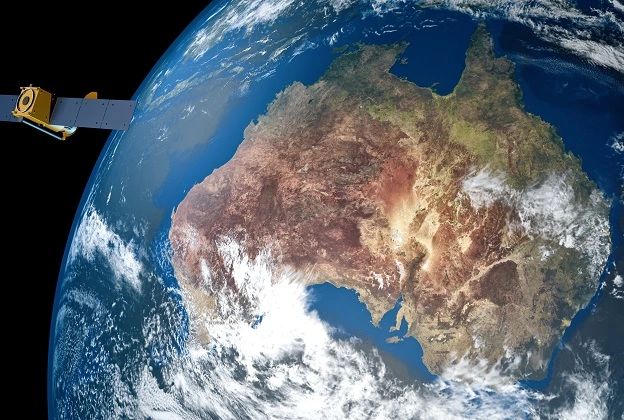
Why Fund Space and Not Earth? A Great Answer to A Dud Question
Share
Space exploration is a fascinating and rewarding endeavor that has the potential to advance humanity in numerous ways. From boosting technological innovations to fostering international cooperation, funding space exploration has a wide-ranging impact that touches many aspects of our lives.
By investing in space exploration, we are not only advancing our scientific knowledge, but we are also inspiring future generations to pursue careers in STEM fields, improving environmental monitoring, and creating economic growth. The benefits of space exploration are diverse and far-reaching, making it a crucial investment for our future.
Furthermore, space exploration has the ability to captivate our imagination and inspire wonder in a way that few other things can. From the majestic beauty of a sunrise viewed from space, to the awe-inspiring images of distant galaxies and nebulae, space exploration has the power to connect us with the larger universe and our place within it. It is a reminder of our infinite potential and the boundless possibilities that lie ahead of us.
The following are the most important ways that space research and exploration benefit Earth and its people.
Advancement of technology and scientific knowledge
Space exploration requires developing new technologies and techniques, which often have spin-off benefits that can be applied in other areas. For example, advances in lightweight materials and miniaturization, driven by the need to build smaller, lighter spacecraft, have led to improvements in many consumer products such as laptops, smartphones and medical equipment. Additionally, space exploration has led to many groundbreaking scientific discoveries, such as the evidence for the Big Bang theory and the discovery of water on the Moon and Mars.
Economic benefits
The space industry creates jobs in fields such as engineering, manufacturing, and research and development. The development of new technologies for space missions often drives economic growth by creating new markets and spin-off industries. For example, the GPS system, which was originally developed for military use, is now widely used in various industries such as transportation, agriculture and finance, providing billions of dollars in economic benefits.
Environmental monitoring
Space-based instruments, such as satellites, provide valuable data about the Earth's environment and help monitor and predict natural disasters, such as hurricanes and earthquakes. Satellites also provide data on climate change, including information about changes in atmospheric temperature and carbon dioxide levels, which is crucial for developing effective strategies to mitigate its effects.
Inspiration and education
Space exploration has inspired many people, especially young people, to pursue careers in science, technology, engineering, and mathematics (STEM) fields. Space missions also serve as educational opportunities, helping to increase public understanding of science and technology and encouraging the development of critical thinking and problem-solving skills.
International cooperation
Space exploration is often a collaborative effort between nations, bringing people from different countries and cultures together to work towards a common goal. This cooperation can foster greater understanding and diplomacy among nations, and promote peace and stability. The International Space Station (ISS), for example, is a joint project involving several countries, and serves as a model for international cooperation in space.
In short, funding space exploration is a wise investment that has the potential to drive progress, inspire future generations, and promote greater understanding and cooperation among nations. By exploring the mysteries of the universe and pushing the boundaries of what is possible, we are opening doors to a bright future full of exciting possibilities.
You’ve come this far…
Why not venture a little further into A.S.S. - our exclusive Australian Space Society.
And keep thrusting Australia into the deep unknown…
#Space_Aus




